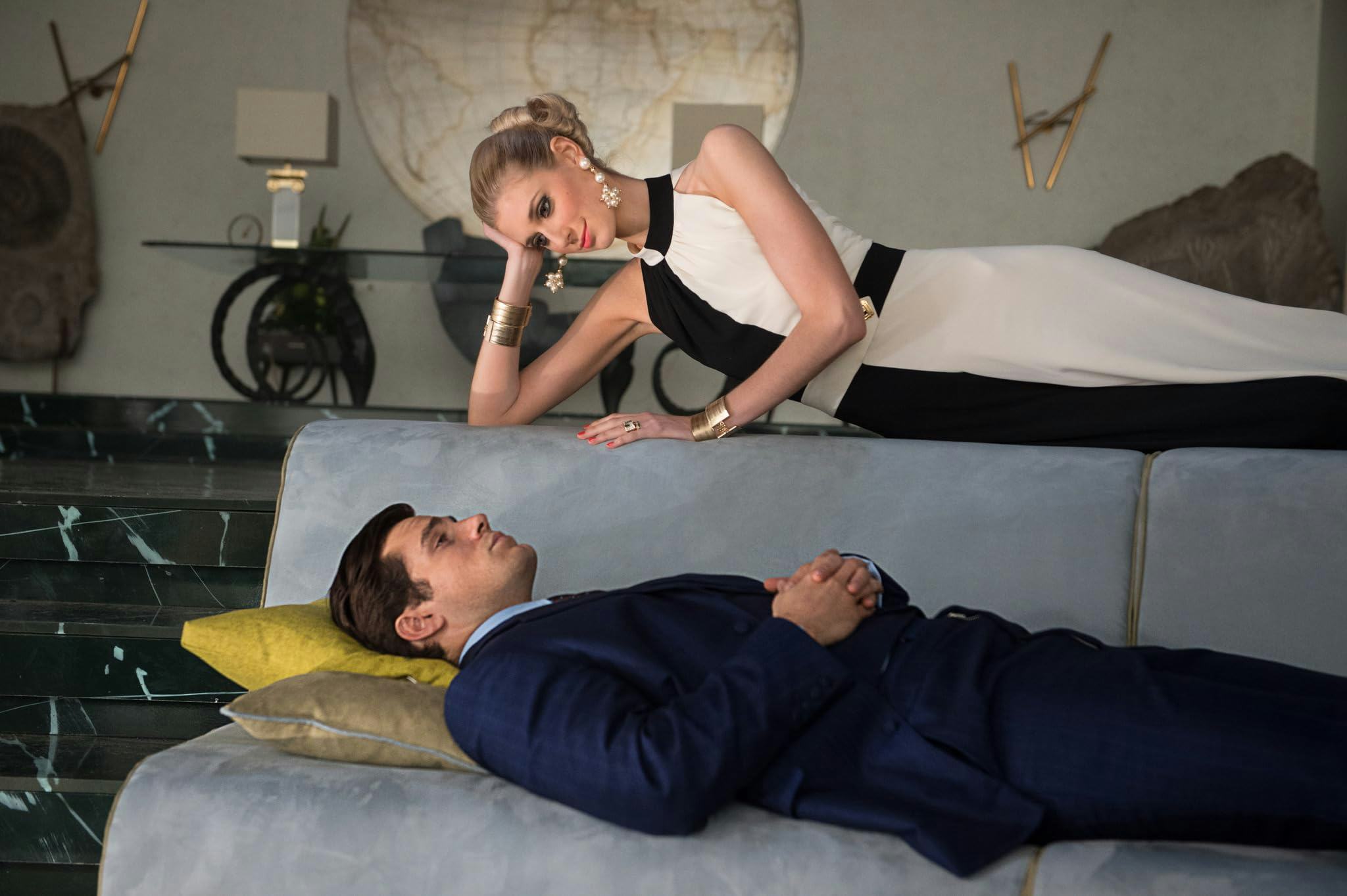
For decades, Guy Ritchie was the director you called when you wanted bonkers, ballistic action tied up in a byzantine, paranoid plot. His best films are the kind that inspire visceral reactions, whether it be the one-two punch of Lock, Stock and Two Smoking Barrels and Snatch, or glossier blockbusters like Sherlock Holmes and Aladdin. Love him or hate him, you can’t say his films don’t boast personality — but such a distinctive imprint does make it harder to pivot into quieter fare.
Such was the struggle for The Man from U.N.C.L.E., one of Ritchie’s most restrained films yet. It helps to know that Ritchie wasn’t the first director attached to the 2015 film: conceived as a reboot of the 1960s spy series of the same name, The Man from U.N.C.L.E. spent years in purgatory, cycling through filmmakers and actors. The honor of directing nearly went to Steven Soderbergh, which might explain the unflappable, understated cool Ritchie is channeling in his stead.
The Man from U.N.C.L.E. proved Ritchie capable of handling subtler material than the kind he’d been associated with, even if critics at the time labeled the film boring and forgettable. Its reputation has since been scuffed further by the fall from grace of one of its leading men, but 10 years on, The Man from U.N.C.L.E. still deserves a lot more credit than it gets. It’s not quite Ritchie’s take on Soderbergh, not quite his version of a James Bond adventure, but a secret third thing — and it continues to charm us even after a decade.
It’s hard to comfortably praise The Man from U.N.C.L.E., and the great chemistry within its cast, knowing that Armie Hammer is such a huge part of what makes the film work. His burgeoning career was effectively cancelled in 2021, following allegations of sexual assault and abusive behavior, so most of his filmography has soured (and rightfully so) on audiences in the know. That said, he’s not the only high point of The Man from U.N.C.L.E. While his stiff-lipped Soviet spy, Illya Kuryakin, is the focus of some comedic relief and a great romantic subplot, Ritchie’s film remains an ensemble piece, and a diverting one at that.
Hammer’s Illya is introduced hunting Gaby Teller (Alicia Vikander), the daughter of a nuclear scientist from East Berlin. Complications ensue when he butts heads with American operative Napoleon Solo (Henry Cavill), who’s assigned to protect Gaby. After the extensive chase sequence that opens the film, Illya and Napoleon are forced to work together to uncover a cabal of Nazi sympathizers. The CIA and KGB both believe that Gaby is the key to thwarting the creation of a private nuclear arsenal, so this odd trio heads to Rome to find her estranged father before things get too out of hand.

Our team’s mission is blessedly straightforward, though Ritchie can’t resist tossing in a few of his trademark twists where applicable. The Man from U.N.C.L.E. is prone to the odd flashback to explain a twist or backstabbing, but otherwise it keeps its focus on the story as it unfolds. It’s more of a slow burn, almost casual in its approach to the spy thriller. Like Ritchie’s Ministry of Ungentlemanly Warfare, this cast rarely betray any effort or stress their characters might be feeling.
Cavill is clearly relishing his role as Solo, channeling the quirks and charm of James Bond every step of the way. That manifests best in his rapport with the film’s femme fatale, Victoria Vinciguerra (Elizabeth Debicki). She’s one half of the group commissioning a nuclear weapon from Gaby’s dad, and one of the few characters in The Man from U.N.C.L.E. who can put Solo on the back foot. She sabotages his plans with such subtlety that you might miss a major development if you aren’t paying attention; ditto for her line delivery, so icy and subdued it circles back around into comedy.
So many aspects of The Man from U.N.C.L.E. could be fitted with that description. This is a film that holds you at arm’s length, delivering the kind of bone-dry humor that’s gone all but extinct in recent blockbusters. Perhaps that’s what kept the film from really connecting with audiences — but for those who tapped into its unique frequency, The Man from U.N.C.L.E. had plenty to offer.

Like so many summer blockbusters, The Man from U.N.C.L.E. was meant to sire a franchise. Though its story is pretty self-contained — not unlike one long episode of the original series — the dynamics between our heroes left the door wide open for more adventures. Napoleon’s odd-couple dynamic with Illya, Illya’s quiet passion for Gaby, and Gaby’s quiet exasperation with each operative teased the kind of relationship you’d watch develop across multiple chapters. It’s a shame that this story never made it past its initial installment, but at least the film holds up today as a great alternative to the splashier stories within the genre.







